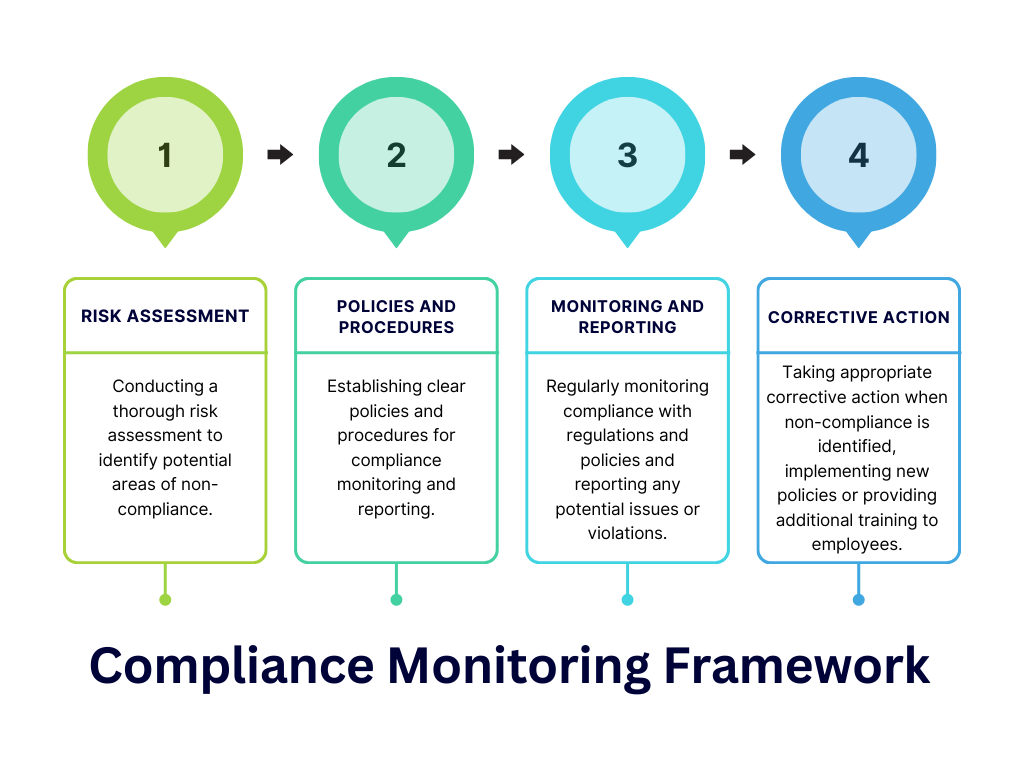In a world where communication is predominantly digital, the question of how to spy on text messages has become increasingly relevant. Many people find themselves wondering if they should monitor their loved ones’ texting activities, driven by concerns ranging from child safety to relationship trust issues. This article aims to provide insights into the ethical and legal implications of monitoring text messages while emphasizing the importance of communication and consent.

Ensuring child safety through responsible monitoring
Understanding the Need to Spy on Text Messages
The need to spy on texts often arises from a place of concern. Parents may worry about their children’s interactions with peers, while partners might feel insecure in their relationships. While it’s natural to want to protect those we care about, it’s crucial to approach monitoring with caution and respect for privacy.
Common Reasons for Monitoring:
- Child Safety: Parents want to ensure their children are not engaging in risky behaviors or communicating with strangers.
- Trust Issues in Relationships: Partners may suspect infidelity or dishonesty, prompting a desire to check on each other’s texts.
- Employee Monitoring: Employers may monitor work-issued phones to ensure company resources are being used appropriately.

Building trust through open dialogue
The Legal Landscape of Monitoring Text Messages
Before considering how to spy on text messages, it’s essential to understand the legal implications. Unauthorized monitoring can lead to serious legal consequences, so it’s vital to proceed with caution.
Key Legal Considerations:
- Consent: Monitoring someone’s text messages without their explicit consent is illegal in many jurisdictions. Always obtain permission before proceeding.
- Age Restrictions: For minors, parents generally have the right to monitor their communications, but this should be approached with transparency.
- Workplace Regulations: Employers must inform employees if their work devices are being monitored to comply with legal standards.

Example of a user-friendly app for monitoring text messages
Ethical Practices for Monitoring Text Messages
Even when monitoring is legal, ethical considerations should always be prioritized. Engaging in monitoring without consent can breach trust and lead to damaging consequences.
Best Practices for Ethical Monitoring:
- Open Communication: Discuss your concerns with the person you wish to monitor. Establishing trust can often alleviate the need for covert monitoring.
- Set Boundaries: If both parties agree to monitoring, outline what will be monitored and the reasons for it.
- Limit Scope: Only monitor necessary communications to respect privacy. Avoid invasive tactics that could lead to further distrust.

Understanding the legal landscape of monitoring communications
Tools for Spying on Text Messages
If you have obtained consent and are looking to spy on text messages, there are several tools and applications available that can help you monitor communications effectively and ethically.
Recommended Tools:
- Parental Control Apps: These applications allow parents to monitor their children’s text messages, calls, and online activities. Popular options include Qustodio, Net Nanny, and Bark.
- Employee Monitoring Software: Solutions like Hubstaff and Teramind enable businesses to monitor work-related communications responsibly.
- Relationship Monitoring Apps: If both partners agree, apps like mSpy and FlexiSPY can help monitor texts and calls. Ensure that both parties are aware of and consent to the monitoring process.

Fostering trust is key to healthy relationships
The Emotional Impact of Monitoring
While the desire to spy on texts can stem from a place of concern, it’s essential to consider the emotional implications. Engaging in covert monitoring can lead to feelings of betrayal and resentment, especially if the monitored party discovers the actions taken without their knowledge.
Addressing Emotional Concerns:
- Build Trust: Focus on fostering an environment of open dialogue rather than suspicion.
- Seek Counseling: If trust issues persist, consider seeking help from a relationship counselor to address underlying concerns.
Moving Beyond Monitoring: Building Healthy Relationships
Instead of relying solely on monitoring, aim to cultivate healthy relationships built on trust and transparency. Open conversations about feelings and concerns can often lead to more positive outcomes than covert actions.
Steps to Enhance Trust:
- Regular Check-ins: Set aside time for regular discussions about feelings, concerns, and relationship dynamics.
- Mutual Respect: Ensure that both parties feel valued and heard in the relationship.
- Encourage Honesty: Foster an environment where both parties feel comfortable sharing their thoughts and feelings without fear of judgment.
Conclusion: Responsible Monitoring for Peace of Mind
In conclusion, while the urge to spy on text messages can arise from genuine concern, it’s crucial to approach monitoring with respect, legality, and ethics in mind. Always seek consent and prioritize open communication to foster trust in your relationships. Monitoring should be a tool for ensuring safety and transparency, not a means to control or invade privacy.
By focusing on building healthy relationships founded on trust and honesty, you can address your concerns without resorting to covert actions that may ultimately harm your connections with loved ones.



Leave A Comment